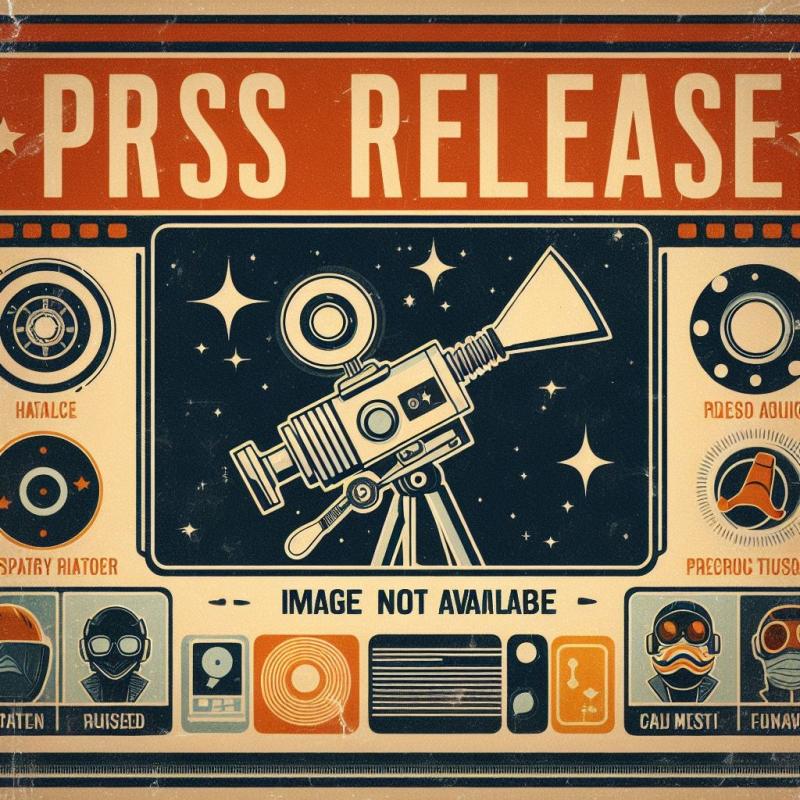Polymath Arch Researcher Aurangzeb Hafi Presents the First Manifesto of Science and Peace

In a groundbreaking move, Pakistani polymath and arch-researcher Dr. Aurangzeb Hafi has presented the world's first-ever manifesto for science and peace. Titled "Manifesto of Science and Peace," this initiative aims to bridge the widening gap between scientific research and peaceful coexistence.
In observance of the International Week of Science and Peace (S&P), celebrated annually from November 9-15, Dr. Hafi unveiled the comprehensive manifesto at a global level to spark meaningful discussions among scientists, policymakers, and peace advocates.
The concept of science and peace has been debated for decades, with numerous attempts to integrate its principles into reality. However, these efforts have largely fallen short, leading to a widening gap between scientific progress and peaceful outcomes.
Dr. Hafi attributes this failure to the lack of a clear propositional framework, guiding manifesto, and concrete policy for integrating science and peace. He laments that even basic definitional frameworks for initiatives like S&P were never developed, resulting in no meaningful intersection between the concepts of "science" and "peace."
"The gap between scientific progress and peaceful coexistence has only widened over the years," Dr. Hafi explained. "While science advances unilaterally, the pursuit of peace is left in a dire state. We need to recognize that science cannot be compartmentalized; peace is a holistic phenomenon that requires an integrated approach."
The manifesto outlines five key dimensions: Science with Peace, Peace in Society, Global Responsibility for Science and Peace, Conflict Resolution through Science and Technology, and Sustainable Development, Social Justice and Human Rights. This framework emphasizes the urgent need to bridge the gap between scientific progress and peaceful coexistence.
Dr. Hafi's initiative has garnered attention from various sectors, including academia, policymakers, and civil society organizations. He stresses that meaningful change can only be achieved by adopting a comprehensive approach that includes real-time application of the manifesto's principles.
The International Week of Science and Peace continues to promote the role of science in fostering peace. As Dr. Hafi underscored, "We must recognize that our discoveries have consequences on global peace. It is our collective responsibility to address these issues."
With this landmark initiative, Dr. Aurangzeb Hafi has taken a significant step towards bridging the gap between scientific research and peaceful coexistence, offering new hope for a future where science serves humanity and promotes world peace.
